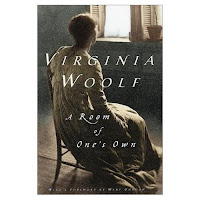Media Literacy(5)
Chapter 46: The Need for Critical Media Literacy in Teacher Education Core Curricula (Myriam Torrese & Maria Mercado) Critical media literacy program for teacher education is urgent in that corporatized media influence students more than teacher do and both students and teachers are the most volnerable under the influence. As Chomsky mentioned, critical media literacy is a course of "Intellectual self-defence" from manipulation and control threatening a meaningful democracy. Regarding the Odyssey Video-Telling workshop as a critical media literacy course, I ask myself the following questions: did the participants become intellectually more powerful against manipulation, control and humiliation cultivated through the mass media? Are they now more critical media consumers than before? Chapter 50: Punk Rock, Hip Hop and the Politics of Human Resistance (Curry Malott & Brad Porfilio) Critical literacy means to be fully literate and equipped with intellectual tools so that...
